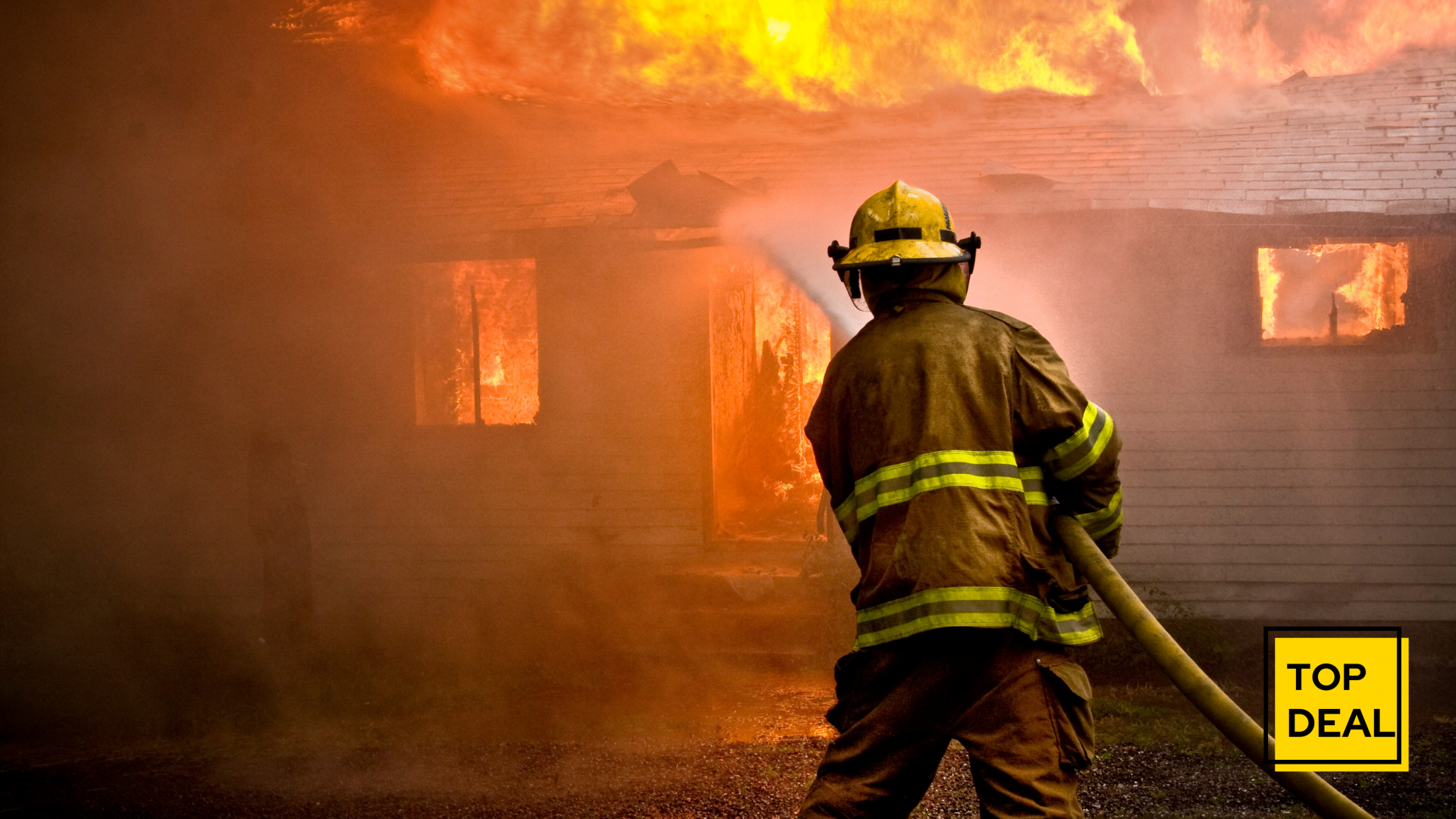
House Fires = 5 Common Causes and Preventions
Sadly, fires are an all-too-common occurrence across America. According to the National Fire Protection Association (NFPA), there were 364,000 house fires in 2013 alone–and more than 2,700 deaths as a result of those blazes.
Of course, most fires are accidental and started by human error, so they’re preventable. Read on to learn about the five leading causes of residential home burning and what you can do to reduce your odds of being involved in one of them.
Table of Contents
The Most Common Causes
Fires caused by malfunctions or failures of electrical equipment are some of the most common household fires reported each year. Electrical problems may be at fault in 35% of home structure fires, according to the NFPA’s “Home Fires Involving Electrical Equipment” report.
The leading causes of electrical-related house fires? Smoldering/ smoky materials that come into contact with overloaded or damaged power distribution cords and plugs. To protect yourself from this type of fire, be mindful of your use of appliances and keep extension cords in good working order. Also, consider investing in a surge protector for your electronics to avoid a malfunctioning appliance affecting other electrical components around it.
You may also want to periodically inspect your home’s wiring by following the steps on the U.S. Fire Administration website. Ensure all wires are properly insulated and not touching each other or any metal surfaces. If you have any questions about your home’s wiring, be sure to consult a licensed electrician.
Other common causes of house fires include:
• Cooking (29%)
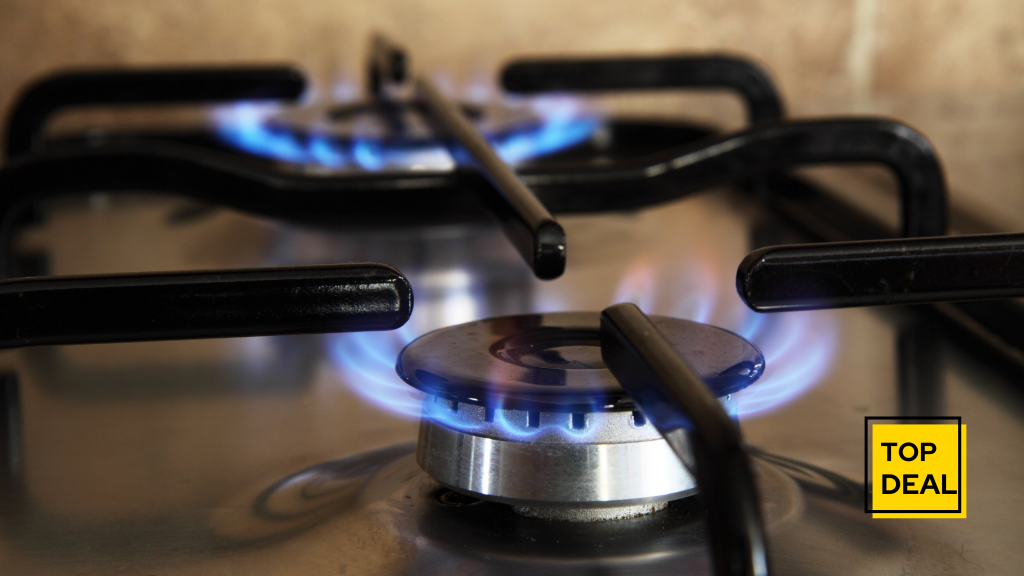
Cooking fires are usually started by unattended food left on the stove or in the oven. When cooking with oil, be sure to closely monitor all cooking times–don’t leave your kitchen, even for just a few minutes.
Also, keep in mind that grease flames are extremely dangerous and should be handled with care. If you see one ignite, never attempt to put it out with water. Instead, use an extinguisher specially designed for grease flames or smother it by covering the pan with a lid.
• Heating equipment (21%)
Heating equipment fires are usually caused by the heating unit being too close to flammable objects or not properly maintained. To reduce your chances of a dangerous situation, make sure you follow the manufacturer’s instructions on how far away to keep space heaters from drapes or other combustibles. Also, make certain to regularly inspect and clean your furnace filter.
• Smoking-related (11%)
Smoking-related fires are often caused by carelessness on behalf of smokers–for example, if they put their lit cigarette into an ashtray that contains embers or leaves. To protect against this type of flames, consider getting rid of all smoking materials if there are young children in your home (and always never smoke inside). For smokers, it’s also important to always use deep ashtrays and to douse cigarettes in water before disposal.
• Open flames from candles or matches (3%)
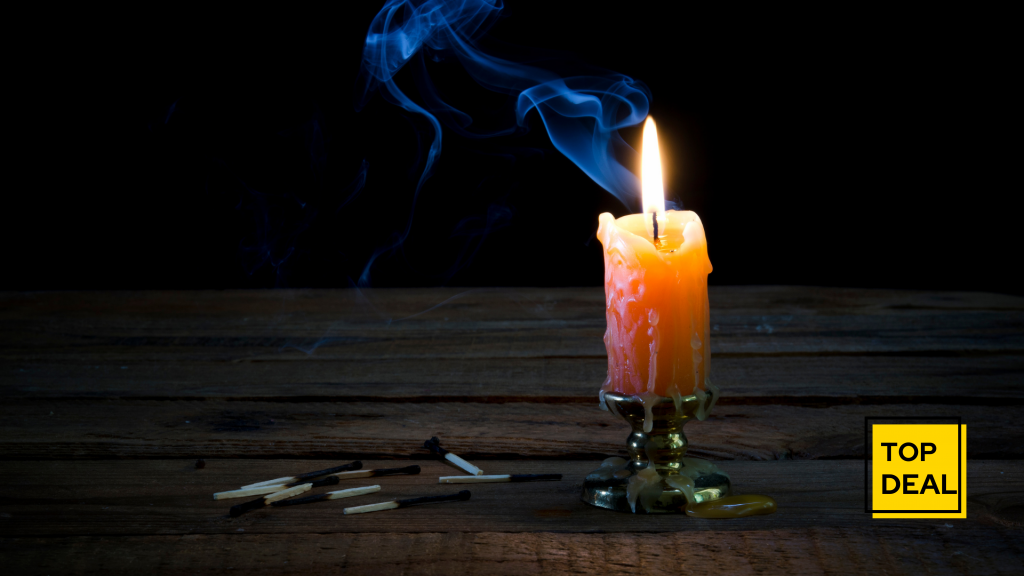
Candle fires are often started when a candle is left burning unattended or when curtains or other objects near the candle come into contact with the flame. Always blow out candles when you leave the room and never place them near flammable objects. If you frequently use candles, it’s also a good idea to purchase safety covers for them.
How to Prevent House Fires
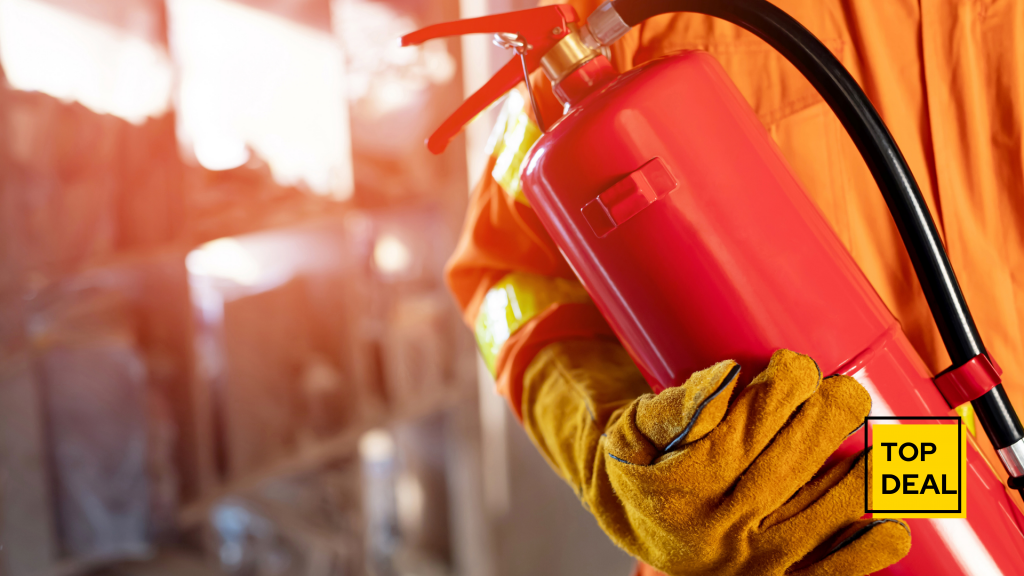
Now that you know the most common causes of house fires, here are five simple ways to prevent them in your home:
1. Cook with caution

Always stay close to cooking appliances when they’re turned on and never leave food unattended. If a fire starts while you’re cooking, immediately smother the flames with a lid or baking soda.
2. Use heaters safely
Keep portable heaters at least three feet away from anything that can burn. If you’re using an electric space heater, keep it unplugged when it’s not in use, and don’t drape clothing over them. And if a fire starts, don’t move the appliance–just get everyone out of the home immediately and call 911 from a cell phone or neighbor’s house.
3. Don’t overload outlets with appliances or extension cords
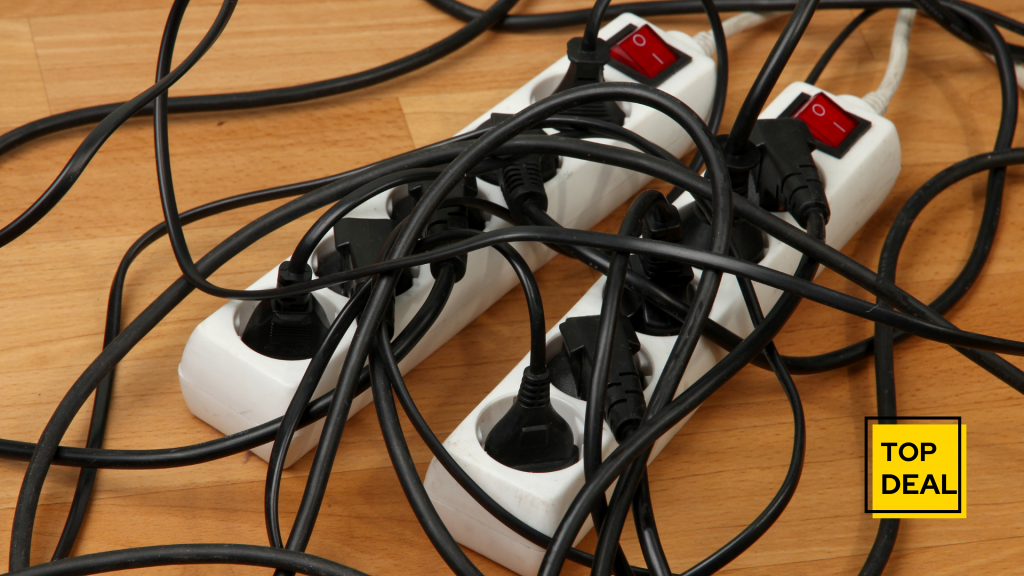
Always shut off your home’s main electrical supply before starting any repairs on the system, including installing new appliances. Keep all extension cords in good working order and never run them under rugs or carpets to avoid tripping hazards.
4. Smoke responsibly
If you smoke inside your home, be sure to always extinguish cigarettes and cigars in a proper ashtray and never smoke when you’re drowsy. If your clothes catch fire, stop, drop and roll to extinguish the flames.
5. Recharge safely
Always unplug or turn off electronic devices before recharging them to avoid overheating problems with batteries. Never leave any device unattended while it’s plugged in–even if charging is not its primary function (for example, leaving a phone plugged in overnight even though it doesn’t need recharging). Finally, consider investing in a surge protector for your electronics to avoid power spikes that could present safety hazards down the road.

